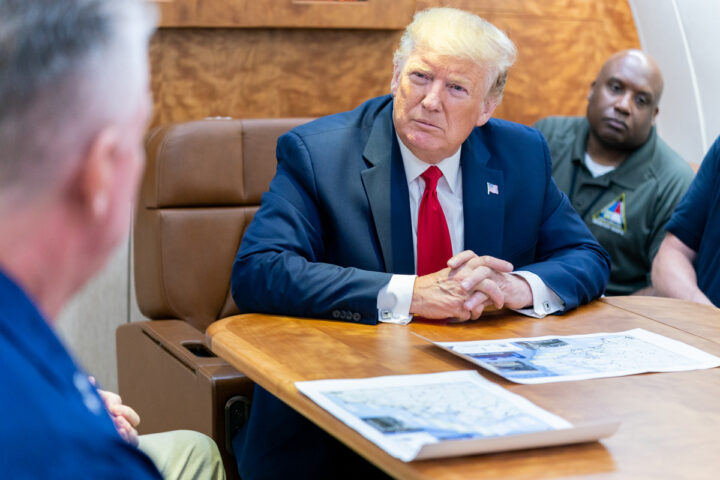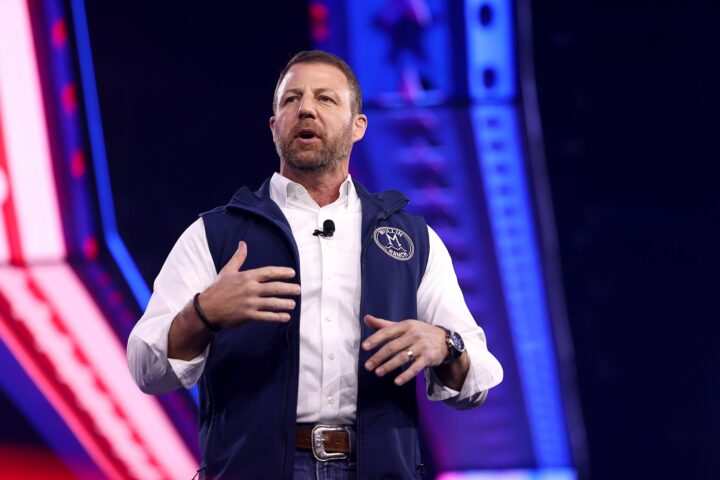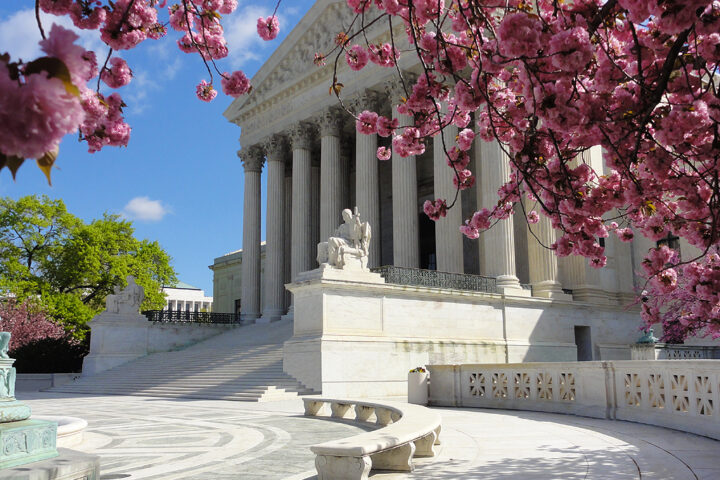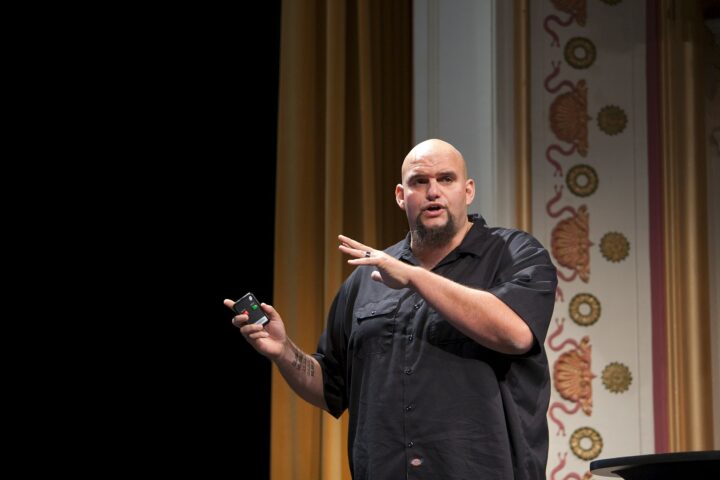In a recent appearance on Fox News, Kash Patel, FBI director and a prominent figure in the Trump administration, reportedly accused Canada of inadequately addressing the fentanyl crisis affecting the United States.
During an interview with host Maria Bartiromo on Sunday Morning Futures, Patel demanded that Canada “gets to steppin’” to stop the flow of fentanyl and related substances across the northern border.
Patel’s remarks come amid rising tensions surrounding drug trafficking and border security.
He asserted that countries like China and Russia are collaborating with criminal organizations to exploit vulnerabilities in the U.S. border system, particularly now that the Trump administration has focused efforts on securing the southern border.
“So, where’s all the fentanyl and trafficking coming from still? The Northern Border,” he stated emphatically.
Highlighting statistics that have raised alarms, Patel noted that over 300 known or suspected terrorists crossed into the U.S. illegally last year, with a significant percentage entering through Canada.
“Eighty-five percent of them came in through the northern border,” he claimed, underlining the urgency he feels regarding border security.
Bartiromo reacted with surprise to Patel’s assertions, particularly the statistic that 100 known or suspected terrorists had crossed into the country this year, with approximately 64 of those from the north.
Patel’s comments reflect a broader narrative within certain political circles that seeks to amplify concerns about security and drug trafficking associated with Canada.
The rhetoric is not new; it echoes previous claims made by Trump, who has previously suggested imposing tariffs on Canadian goods in response to drug trafficking issues.
Trump has even floated the controversial idea of Canada becoming the “51st state” of the U.S., framing it as a partnership in addressing shared challenges.
In response to Patel’s remarks, Canadian Prime Minister Mark Carney, who took office earlier this month, has dismissed the allegations, emphasizing Canada’s commitment to border security.
The Canadian government has invested in enhanced border control measures, including the deployment of drones and increased staffing at the Canada Border Services Agency.
Patel’s comments and the overarching narrative reflect ongoing tensions in U.S.-Canada relations and raise questions about the effectiveness of current strategies to combat drug trafficking.
As discussions continue about how to address the fentanyl crisis, the focus on Canada highlights the complexities of cross-border cooperation and the challenges of addressing drug-related issues in a politically charged environment.
The conversation is likely to evolve as both countries navigate the intricacies of border security and public health, with the fentanyl crisis remaining a pressing issue on both sides of the border.
[READ MORE: Trump To Try To Broker Peace On Monday]







